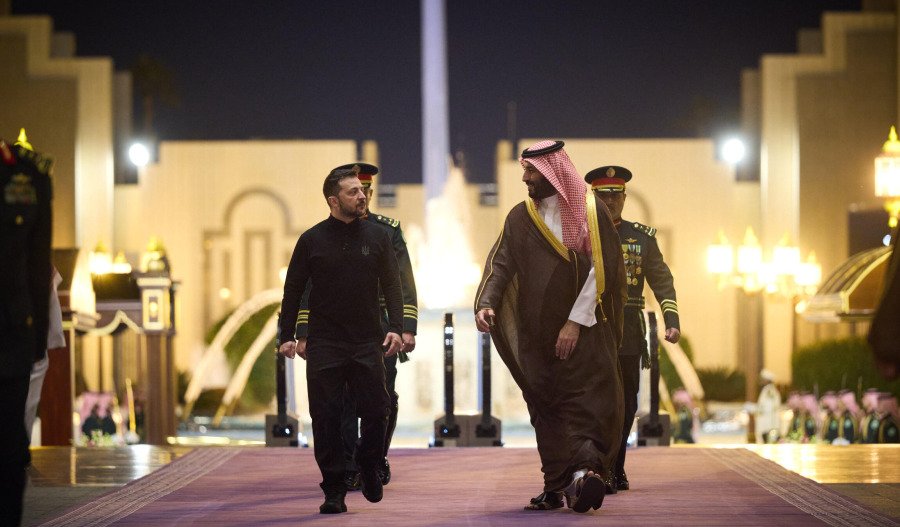Vladimir Putin and Xi Jinping are set to strengthen their strategic partnership during a three-day visit to Moscow for Victory Day celebrations.
The Kremlin has confirmed that Xi will visit between 7-11 May. During this visit, the two leaders will sign a series of bilateral agreements aimed at deepening economic and political cooperation between Russia and China.
This visit underscores the growing alignment between the two nations, particularly in response to Western sanctions and geopolitical tensions.
China and Russia have expanded their collaboration since the Ukraine war, with Beijing providing economic and technological support to Moscow.
Western governments have accused China of supplying weapons components to Russia, though Beijing denied direct military involvement.
Despite this, Xi has maintained a cautious stance, warning Putin against nuclear weapons while bolstering trade and diplomatic ties.
The agreements signed during this visit are expected to further solidify their partnership, particularly in sectors such as energy and infrastructure.
Putin has proposed a temporary ceasefire in Ukraine from 8-10 May to coincide with Victory Day celebrations. This is dismissed by Ukrainian President Volodymyr Zelensky as mere theatrics. Zelensky has insisted that Ukraine will not participate in symbolic gestures and called for a more substantial ceasefire lasting at least 30 days.
The Kremlin’s ceasefire proposal is widely seen as an attempt to create a favourable atmosphere for diplomatic engagements. However, it has been met with skepticism by Kyiv and its Western allies.
Zelensky warned Ukraine would not “be playing games to create a pleasant atmosphere” over the Russian holiday.
Putin told Russian state television he hoped the need would not arise to use nuclear weapons in Ukraine, saying “I hope they will not be required”.
Beyond the immediate diplomatic engagements, the talks between Putin and Xi took place against the backdrop of escalating trade tensions between China and the United States.
U.S. President Donald Trump has imposed tariffs of up to 145% on Chinese imports, prompting Beijing to retaliate with its own tariffs on U.S. goods.
These economic measures have strained global supply chains and could influence the nature of agreements signed between Russia and China, as both nations seek to mitigate Western economic pressure.
The outcomes of these discussions will likely shape global investment strategies, particularly in sectors affected by geopolitical shifts. Investors will closely monitor the implications of strengthening Russia-China ties, the ongoing Ukraine conflict, and the evolving U.S.-China trade war.
The agreements signed during Xi’s visit may signal new opportunities in energy, technology, and infrastructure. In addition, they may reinforce the broader geopolitical realignment in response to Western policies.



